The ESRC Festival of Social Science (FoSS) returns from 18 October to 8 November 2025. This is a fantastic opportunity for researchers to showcase their work in the UK’s largest celebration of social science research.

Partnership with the University of Southampton
For the third consecutive year, Bournemouth University is partnering with the University of Southampton (UoS) to deliver a programme of social science events across Dorset and Hampshire. This collaboration enables BU researchers to organise joint events with UoS colleagues and share impactful research with a broader community.
Why get involved?
- Engage with non-academic audiences and make a meaningful impact in the community
- Showcase your research beyond the university to reach wider audiences
- Gain valuable public engagement experience while enhancing your communication skills
- Expand your professional network through collaborations with fellow researchers
Online information session
BU’s Public Engagement Team will co-host an online information session with the Impact Funding Team (Research and Innovation Services, UoS). During the session, you will learn about past FoSS events at both universities and hear first-hand experiences from previous participants. The session will also explain the application process and guide you on how to get involved in this year’s festival.
Wednesday 2 April 2025
11am – 12pm
Online (via Teams)
To attend, please register and we will be in touch with further information.
Register here
Thinking about applying?
The call for applications will open soon. In the meantime, if you are considering applying, we recommend reviewing the 2024 festival open call to gain a clear understanding of the expectations and festival criteria. Understanding the ESRC’s guidelines and expectations is key to submitting a strong application.
If you have colleagues at the University of Southampton who might be interested in running a joint event, consider reaching out to explore collaboration opportunities. Joint events can strengthen your application and broaden your impact, so they are strongly encouraged.
Get inspired by past festival events. For ideas and inspiration, take a look at:
These resources can help you better understand the types of events that resonate with public audiences and align with the festival’s goals.
Helpful guides
These guides from last year’s open call are valuable resources to help you understand and support event planning and audience engagement.
Funding and Support
Funding of up to £1,000 per event is available to support your event. BU’s Public Engagement team will offer ongoing advice and guidance at every stage – from application and event development to planning, delivery, and evaluation.
New drop-in surgery for application support
In addition to the information session, the Public Engagement Team will be hosting a drop-in surgery on campus, providing you with the opportunity to meet the team and receive additional support for your application.
This will:
- Offer guidance on festival requirements and application criteria
- Assist researchers in refining event ideas to ensure alignment with ESRC guidelines
- Provide one-to-one support to strengthen applications and improve the chances of success
- Share insights on best practices for engaging diverse audiences
- Help refine event formats and maximise impact
Take advantage of this support to enhance your proposal and perfect your event plans.
If you would like to start discussing your ideas, please get in touch with the team at publicengagement@bournemouth.ac.uk





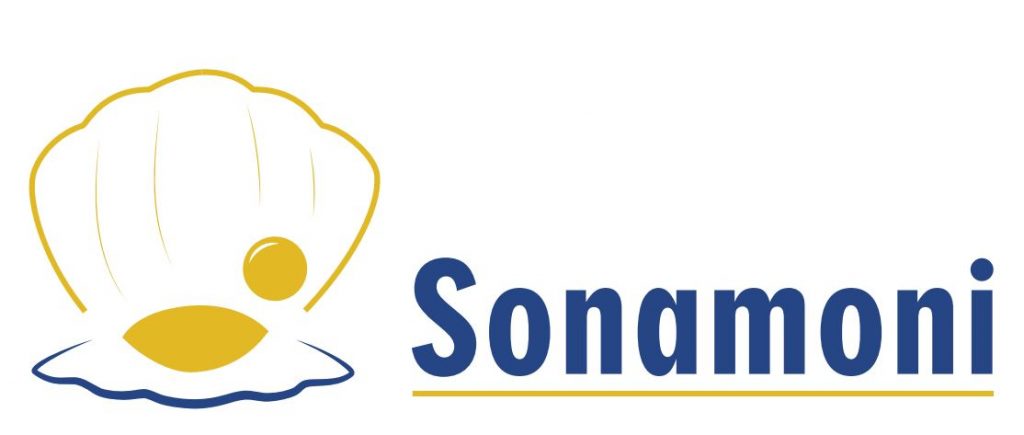
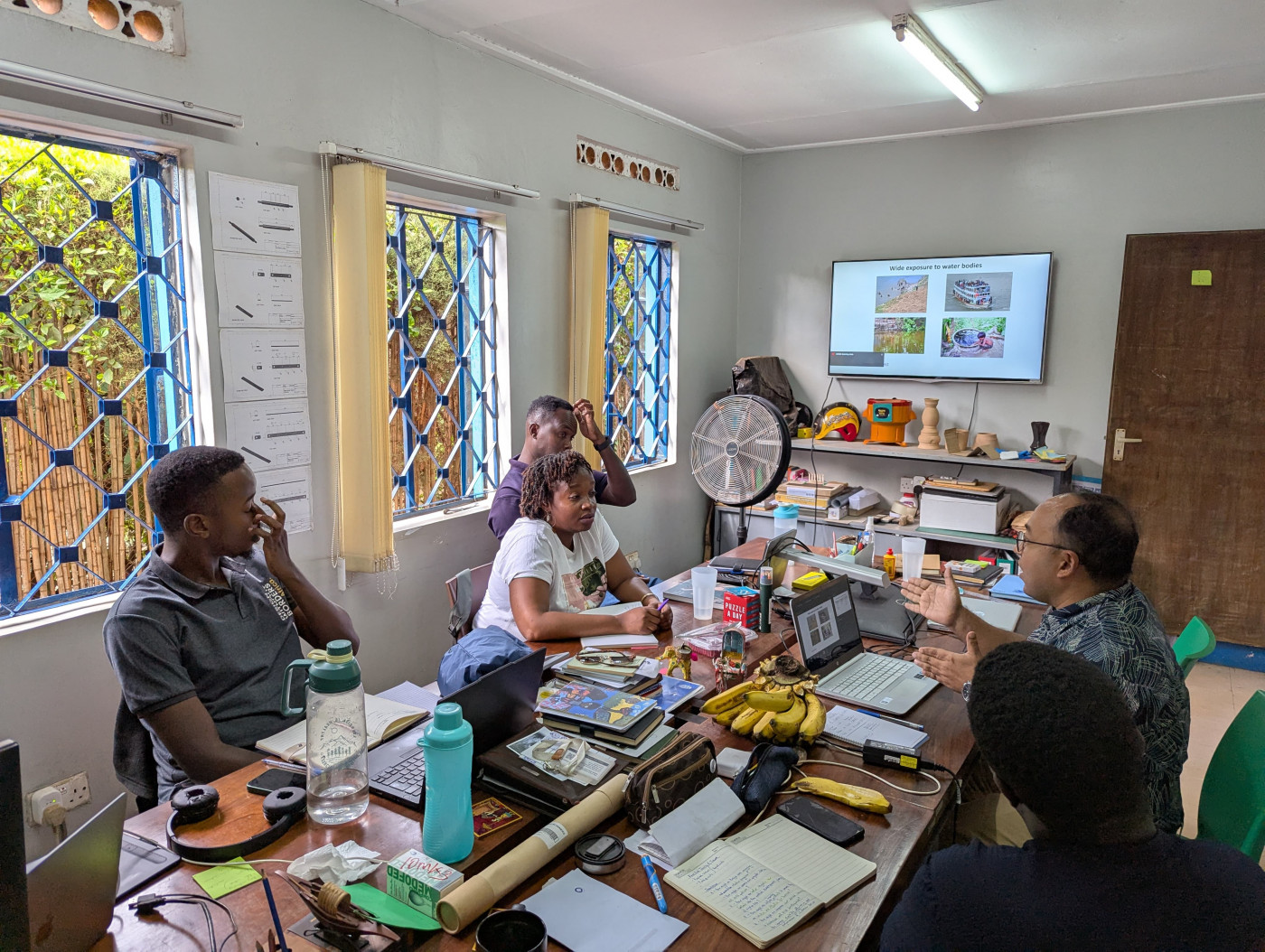



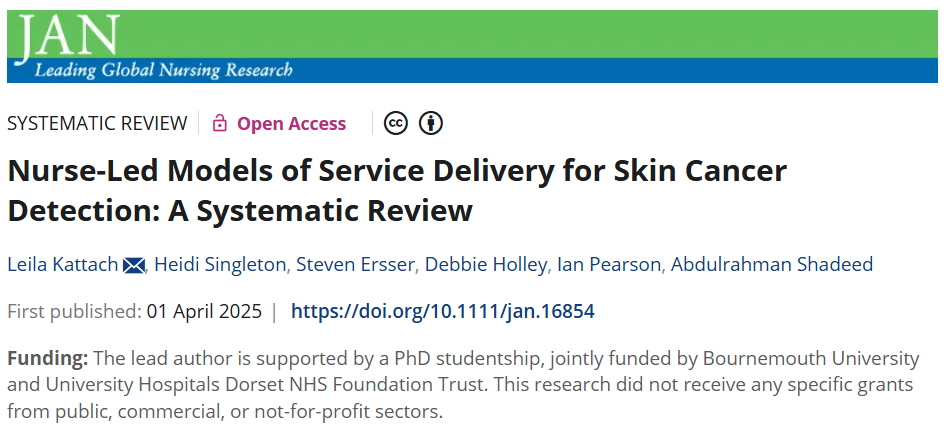

 Online information session
Online information session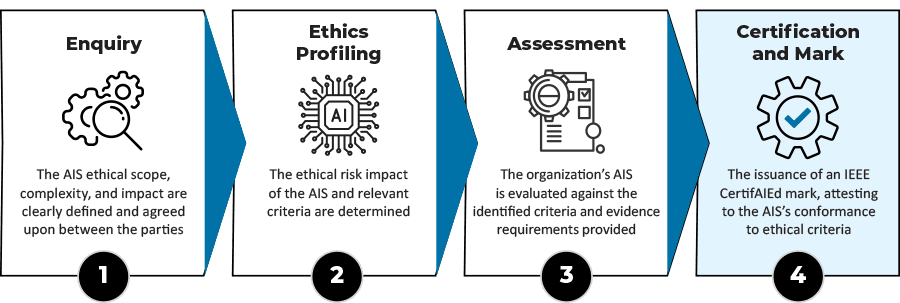

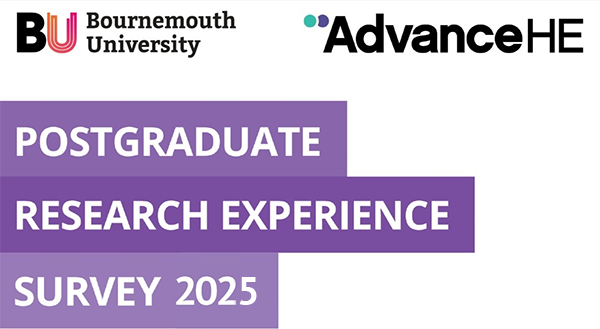
 Our new
Our new 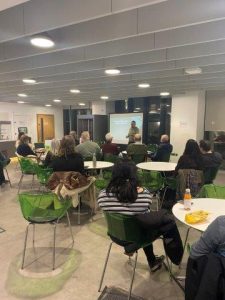
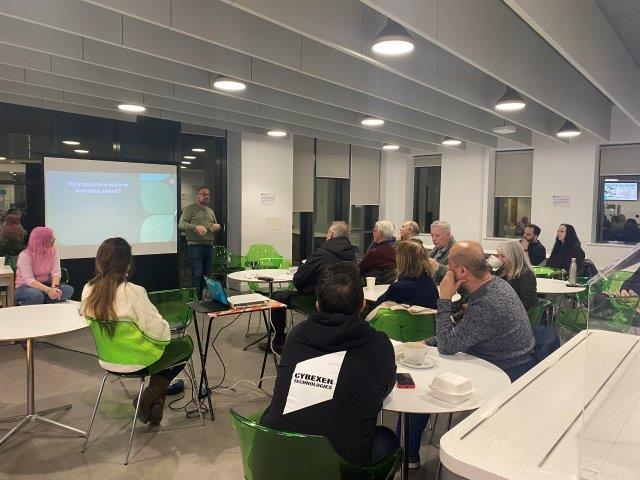
 Next up in our Research Café series
Next up in our Research Café series
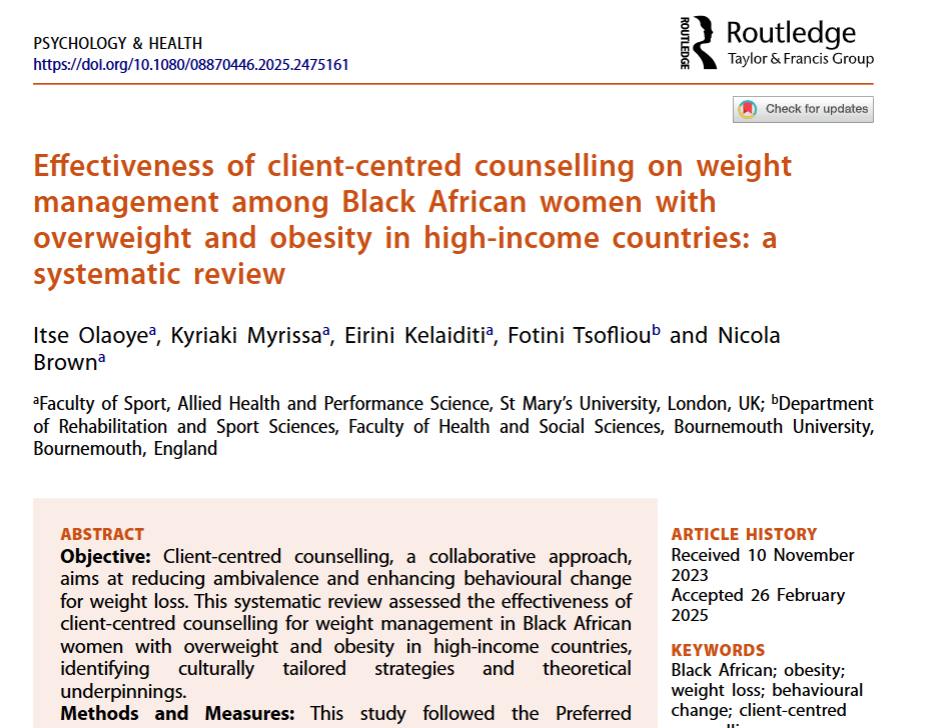








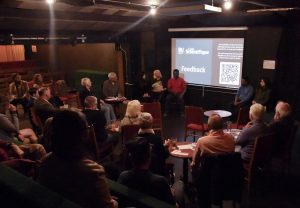












 Dr. Ashraf cited on ‘Modest Fashion’ in The Guardian
Dr. Ashraf cited on ‘Modest Fashion’ in The Guardian NIHR-funded research launches website
NIHR-funded research launches website Academics write for newspaper in Nepal
Academics write for newspaper in Nepal New paper published on disability in women & girls
New paper published on disability in women & girls Global Consortium for Public Health Research 2025
Global Consortium for Public Health Research 2025 MSCA Postdoctoral Fellowships 2025 Call
MSCA Postdoctoral Fellowships 2025 Call ERC Advanced Grant 2025 Webinar
ERC Advanced Grant 2025 Webinar Horizon Europe Work Programme 2025 Published
Horizon Europe Work Programme 2025 Published Horizon Europe 2025 Work Programme pre-Published
Horizon Europe 2025 Work Programme pre-Published Update on UKRO services
Update on UKRO services European research project exploring use of ‘virtual twins’ to better manage metabolic associated fatty liver disease
European research project exploring use of ‘virtual twins’ to better manage metabolic associated fatty liver disease